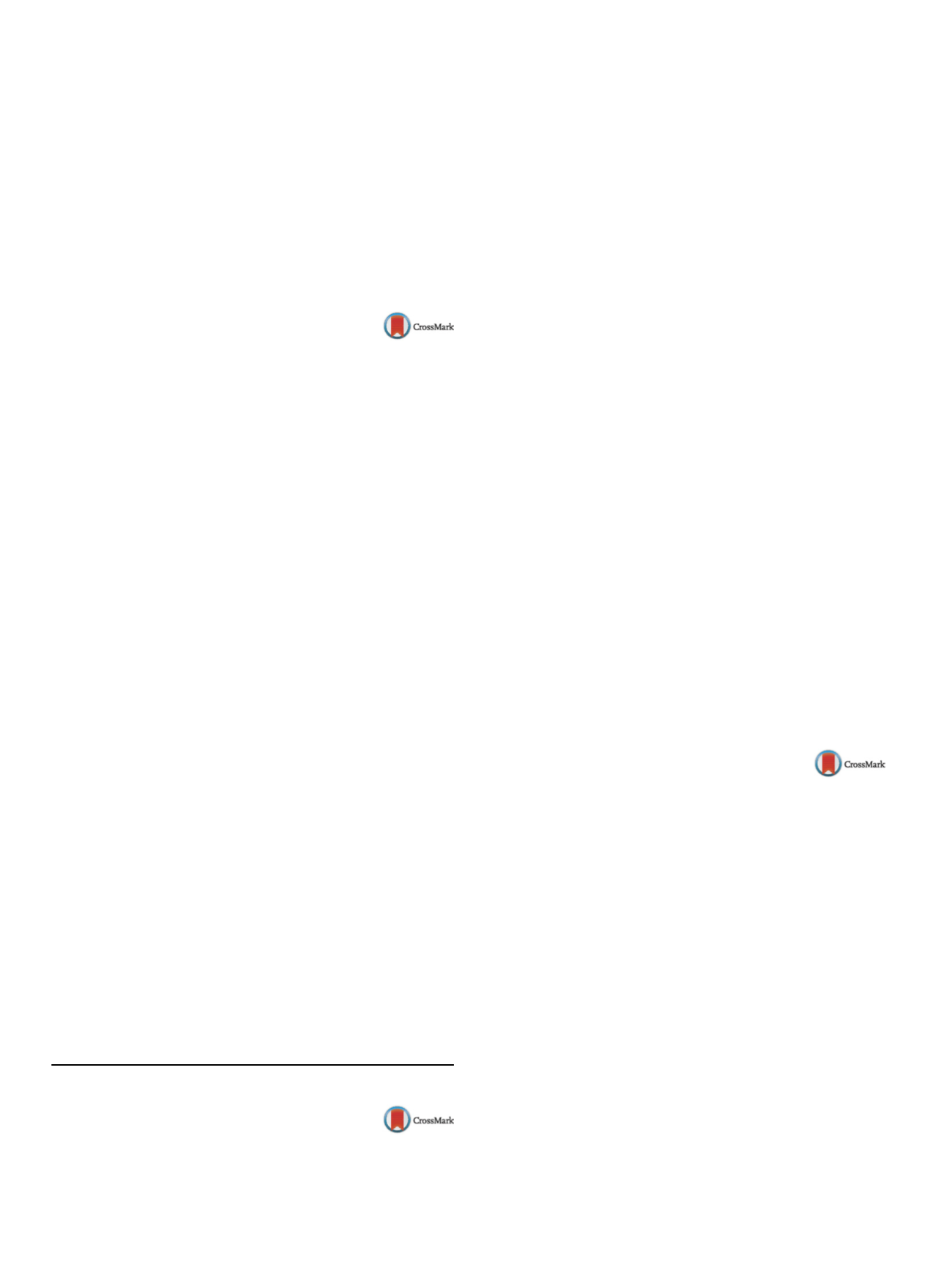

S742
25th European Congress of Psychiatry / European Psychiatry 41S (2017) S710–S771
tic effects. (3) In the newMHPCs, on-site TTT education programme
and organisational development have been in place. (4) The activi-
ties of the MHPCs have been monitored for knowledge transfer and
attitude changes in the local networks. (5) Based on the results,
recommendations are being made for the national extension of the
model.
Results and conclusions
The first data ready for analysis will be
available by April 2017.
Disclosure of interest
The authors have not supplied their decla-
ration of competing interest.
http://dx.doi.org/10.1016/j.eurpsy.2017.01.1368EV1039
A comprehensive training program
for professionals working in mental
health promotion centers in Hungary
M.D. Toth
∗
, R. Kallaine Harangi , A. Sumegi , R. Wernigg
National Public Heath and Medical Officer Service, Office of the Chief
Medical O, Norway Grants Mental Health Promotion Project, Project
Directorate, Budapest, Hungary
∗
Corresponding author.
Background
In a 12month long mental health promotion pilot
programme funded by the Norway Grants, 6 mental health pro-
motion centers (MHPCs) are being set up in various locations in
Hungary, employing 2 mental health professionals each, whose
main commitment is todevelop a local network of key stakeholders.
The aim of the project is to enable MHPC professionals to perform
network building tasks involving knowledge transfer and attitude
changes regarding the following key areas: depression, suicide,
dementia, stress and risk assessment.
Objective
To measure the effectiveness of the training and edu-
cation process by using indicators for feedback, knowledge transfer
and attitude changes.
Methods
The comprehensive TTT (train the trainers) process of
MHPC professionals targets 3 main domains:
– improving presentation skills;
– knowledge transfer (measured with tests);
– elaborative workshops about mental health problems (measured
by attitudes at baseline, post-training and 3 months post-training).
Results
The satisfaction assessment of the initial 3 days long
training averaged 4.73 on a 5-point Likert-scale. Altogether, 12
(2/centres) knowledge transfer trainings are being delivered eval-
uated by attitude change and general satisfaction questionnaires.
One elaboratingworkshop per center has been delivered during the
study period. Being a process still underway, the outcome results
will only be available by the conference.
Conclusion
This procedure enables professionals to disseminate
trainings and build networks for mental health promotion in their
micro-regions. The optimized version of this pilot program will be
delivered on a national level in future projects.
Disclosure of interest
The authors have not supplied their decla-
ration of competing interest.
http://dx.doi.org/10.1016/j.eurpsy.2017.01.1369e-Poster Viewing: Psychoneuroimmunology
EV1040
Oxidative stress, inflammation and
mild cognitive impairment
N. Cherbuin
1 ,∗
, K.J. Anstey
1, B.T. Baune
21
Australian National University, Centre for Research on Ageing,
Health, and Well-being, Canberra, Australia
2
University of Adelaide, School of Medicine, Adelaide, Australia
∗
Corresponding author.
Introduction
Oxidative stress (OS) and inflammation are pro-
cesses known to be implicated in neurodegeneration. More-
over, risk factors for dementia (depression, obesity, sedentary
lifestyle, diabetes, etc.) are associated with up-regulation of pro-
inflammatory cytokines. OS has been found in animal models
to contribute to cerebral amyloid angiopathy. However, inves-
tigations of the associations between OS, inflammation and
MCI, typically in small clinical samples have produced mixed
results.
Objectives
Clarify associations, between OS, inflammation and
MCI in a large cohort of community-living individuals.
Methods
Cognitively healthy individuals (
n
= 211, 44% female,
75.2 years) andwithMCI (
n
= 23, 44% female, 75.2 years) froma pop-
ulation samplewere included. MCI diagnosis was established based
on a detailed neuropsychological assessment. Inflammatory (IL1b,
IL4, IL6, IL8, IL10, TNF-a) and OS (total anti-oxidants, NO, neopterin)
markers were assessed in plasma samples. Associations between
biomarkers, MMSE, andMCI status were testedwithmultiple linear
and logistic regression analyses.
Results
Univariate analyses showed that log IL4 (estimate:
−
0.175, SE: 0.085,
P
= 0.041) and NO (estimate: 0.015, SE: 0.006,
P
= 0.017) were the only markers associated with MMSE scores.
MCI status was predicted by log IL4 (estimate: 0.822, SE: 0.357,
P
= 0.021) and total anti-oxidants (estimate:
−
0.007, SE: 0.003,
P
= 0.014). Controlling for pro-inflammatory conditions (T2D, BMI,
depression, hypertension) removed the associations with inflam-
mation but not with OS.
Conclusions
These results indicate that increased systemic
inflammation and increased OS were associated with lower MMSE
scores and higher odds of having MCI. This confirms that sys-
temic pro-inflammatory processes are associated with impaired
cognition and should be specifically considered in treatment and
risk-reduction interventions.
Disclosure of interest
The authors have not supplied their decla-
ration of competing interest.
http://dx.doi.org/10.1016/j.eurpsy.2017.01.1370EV1041
Effect of original anticonvulsant
meta-chloro-benzhydryl-urea on
behavioral and immune parameters in
mice with active and passive behavior
types in experimental alcoholism
E. Markova
1 ,∗
, M .Knyazheva
1 , I. Savkin
1 , T. Shushpanova
21
State Research Institute of Fundamental and Clinical Immunology,
Russian Academy of Sciences, Novosibirsk, Russia
2
Tomsk National Research Medical Center, Russia Academy of
Sciences, Mental Health Research Institute, Tomsk, Russia
∗
Corresponding author.
Objective
Violation of the functional activity of the nervous and
immune systems is an essential link in the pathogenesis of chronic
alcohol dependence. The search for new psychopharmacological
agents whose action is directed to correction of neuroimmune
interaction opens new perspectives for the treatment of alcohol
dependence.
Methods
(CBAxC57Bl/6) F1 mice with active and passive
behavioral types in a state of chronic alcohol dependence
owing to 6month 10% ethanol exposure were undergoing
intragastric administration of original anticonvulsant meta-chloro-
benzhydryl-urea. Animal’s behavioral and immune parameters,
brain cytokines synthesis before and after anticonvulsant receiving
were estimated.
Results
In the formation of experimental alcohol dependence in
animals the most pronounced changes in motor and exploratory


















